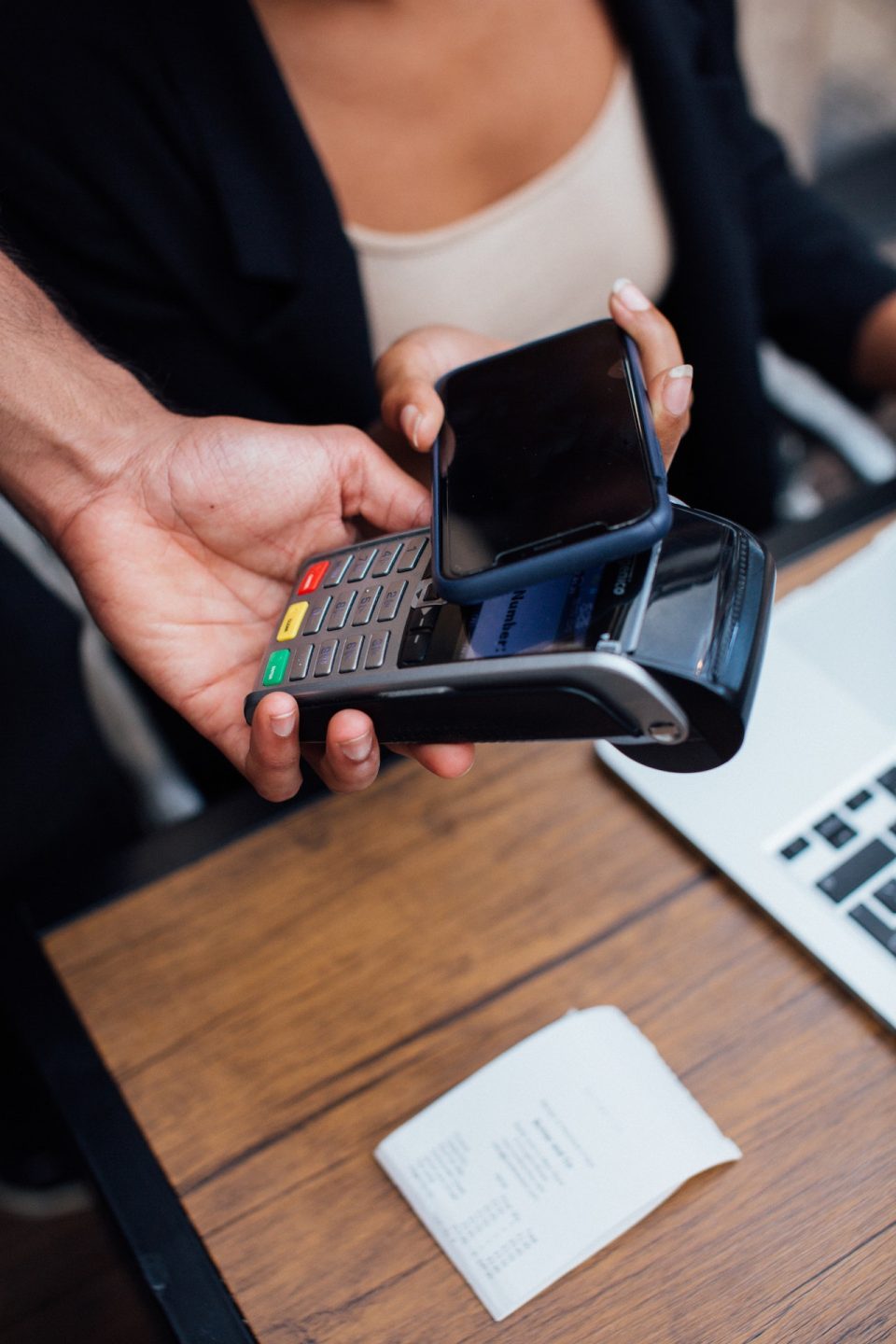Rohit Chopra, the Director of the Consumer Financial Protection Bureau (CFPB), didn’t mince words during a fintech conference hosted by the Philadelphia Federal Reserve on Thursday. In a bold assertion, he accused Big Tech behemoths Apple and Google of acting as “choke points” in the U.S. payment systems, hindering innovation by imposing restrictive regulations that keep other payment apps at bay.
Chopra emphasized the need for robust competition in the financial sector, stating, “We need strong challenges to dominant Wall Street banks and card networks.” However, he expressed genuine concerns that the largest technology firms might continue to build barriers that thwart smaller firms’ emergence, capital acquisition, growth, and success, even when offering superior technology.
This condemnation comes on the heels of a CFPB report, published earlier in the week, spotlighting the influence of Big Tech policies on tap-to-pay functions commonly used on mobile devices such as smartphones and smartwatches.
Apple and Google have established stringent regulations governing app developers’ access to near field communication (NFC) technology, which is essential for tap-to-pay transactions. Apps that do not meet these requirements risk rejection or removal from digital markets.
As of the second quarter of 2023, Apple’s iOS was the preferred operating system for 55 percent of shipped smartphones in the U.S., with Google’s Android system claiming the remaining 45 percent. With the increasing preference for mobile device payments, these statistics underscore the substantial impact that the policies of these tech giants can have on retail payments.
According to the CFPB report, Apple’s regulations effectively bar third-party apps from utilizing NFC technology in their payment systems, hindering the integration of popular payment-enabling apps. Furthermore, Apple mandates that all NFC transactions go through Apple Pay, accompanied by a fee paid by card issuers.
In contrast, Google’s approach is more lenient, allowing for some level of tap-to-pay competition and innovation among Android devices, as they don’t require all payments to route through their proprietary wallet.
Apple justifies its restrictions on the grounds of security and privacy concerns, but Chopra and the CFPB question the necessity of a blanket NFC access ban for data, security, and privacy protection. Chopra urged regulators to closely scrutinize business practices that may hinder a fair payment system for consumers, merchants, and emerging competitors.
It is clear that the immense influence of Big Tech over the US payment systems necessitates a careful examination of these practices. The accusations by Chopra raise critical questions about the balance between innovation and regulation in the ever-evolving landscape of digital payments. As these issues continue to unfold, regulators will face the challenging task of ensuring a level playing field for all stakeholders.
Source: Yahoo Finance

